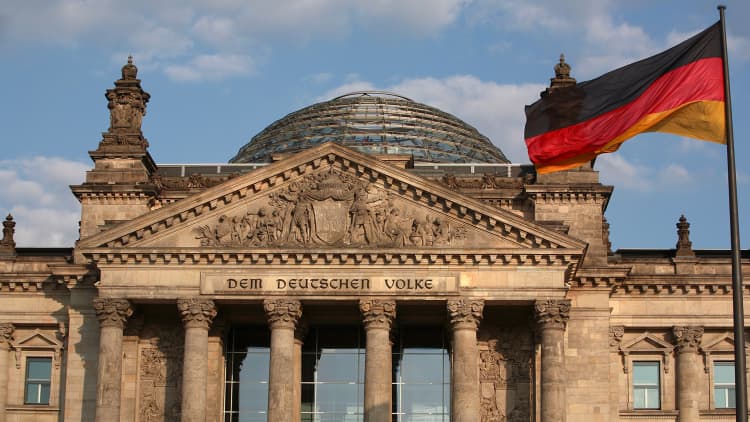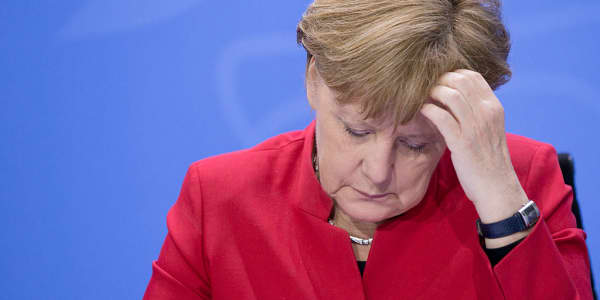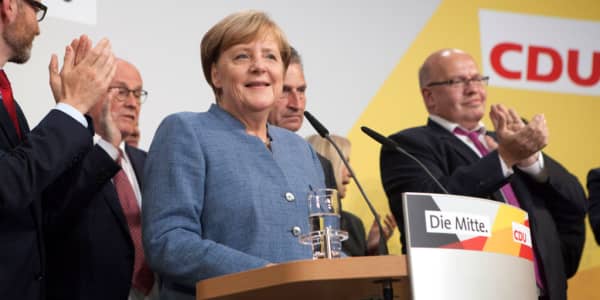German and broader European equities have enjoyed a stellar start to the year but during a bumpy summer stocks retraced many of those gains. Recent weeks have seen their fortunes improve once again but past performance suggests that the upcoming German Federal election scheduled for this Sunday, September 24, could threaten some of the current momentum.
Using hedge fund analytics tool Kensho, CNBC crunched some numbers to show how stock indexes in Europe have historically performed following German Federal elections. The data set shows the average return following seven different federal elections in Germany, dating back to 1990.
The results are not encouraging with Germany's flagship DAX 30 index - comprising the 30 largest domestic companies trading on the Frankfurt Stock Exchange - posting an average -0.94 percent decline over the two trading sessions following an election. Only on two occasions were returns positive while the most drastic post-vote tumble came in 2002 when the index slid by -3.37 percent.
The picture for the U.K. benchmark FTSE 100 index is much the same with an average -0.85 percent decline over the same period while the return on France's benchmark CAC 40 index sits between the dismal performances of the latter two, coming in with an average -0.91 percent slide. Amsterdam Stock Exchange's AEX index of the Netherlands' 25 most traded stocks is also flailing in red ink when returns are viewed over the period, capable of delivering only an average -0.38 percent fall.
Indeed it's really only Belgium's flagship BEL 20 index that is able to keep its head above water – and only just! – with an average +0.05 percent return over the two days following the last seven German elections.
The euro – the currency used by Germany, France, Belgium and the Netherlands, among the 19 countries of the euro zone for which it is the official tender – has delivered a sharp rise against the U.S. dollar of nearly +13 percent so far this year. If history is any guide, however, it could be set to shed some of those gains in the immediate two-day wake of the German election with an average return of negative -0.27 percent over that time frame using data from the four elections held in the country since the single currency was first introduced in 1999. The euro has an even more disappointing track record against the British pound and the with respective historical average losses against these currencies over the same periods of -0.50 percent and -0.62 percent.
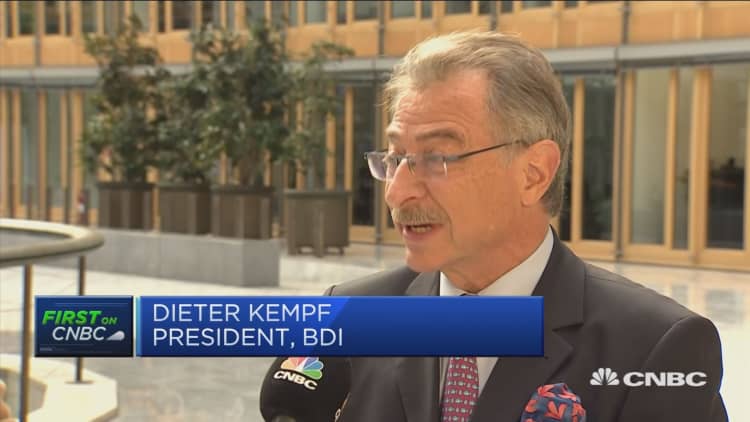
The elections are taking place amid a period within which global events such as tensions regarding North Korea's nuclear program, hints that central banks are finally beginning their slow march towards the ultra-loose monetary policy exit door and a spate of both natural weather-related disasters and terrorist attacks have been keenly influencing the trajectory of global markets. Therefore, while the data show a remarkably consistent pattern and provide an interesting reference point, it's to be expected that these types of events will continue to drive the course of European equities in the days following this year's election to determine the Chancellor of Germany.
This election sees incumbent Angela Merkel standing for her fourth term as Chancellor and considered the favorite to win with the latest polls pointing to her center-right Christian Democratic Union (CDU) and its Bavarian sister-party the Christian Social Union (CSU) sweeping up a combined vote of around 36 percent. This compares to 22 percent of the vote according to the same polls for the party of her closest rivals, the Social Democratic Party (SPD).
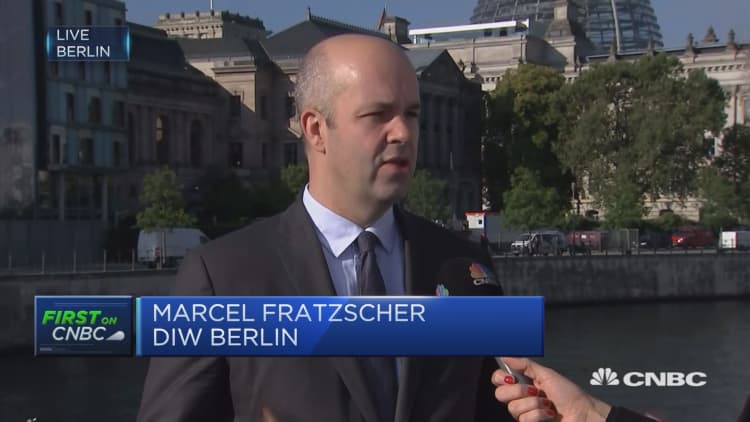
While Merkel is widely expected to hold her position following the election, what is less clear is the composition of any coalition the government will likely be compelled to organize. However, the final composition should not matter too much to either the course of domestic politics or markets, according to Holger Schmieding, chief economist at Berenberg.
"…Observers tend to overemphasize the difference that the precise composition of the government in Berlin would make," he wrote in a note to clients on Thursday.
